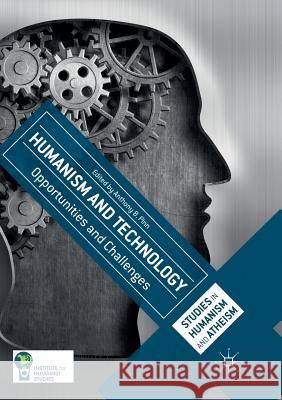Humanism and Technology: Opportunities and Challenges » książka
topmenu
Humanism and Technology: Opportunities and Challenges
ISBN-13: 9783319811031 / Angielski / Miękka / 2018 / 239 str.
Kategorie BISAC:
Wydawca:
Palgrave MacMillan
Seria wydawnicza:
Język:
Angielski
ISBN-13:
9783319811031
Rok wydania:
2018
Wydanie:
Softcover Repri
Ilość stron:
239
Waga:
0.31 kg
Wymiary:
21.01 x 14.81 x 1.37
Oprawa:
Miękka
Wolumenów:
01
Dodatkowe informacje:
Wydanie ilustrowane











